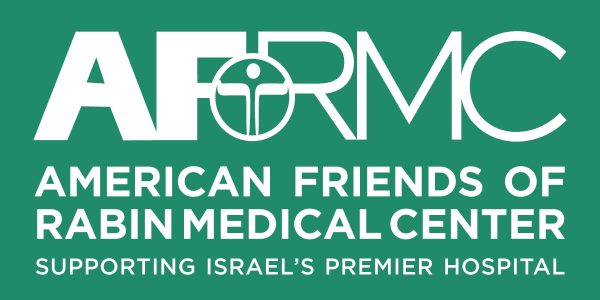An article entitled, “To Accept or Reject Mental Health Labels, That is the Question” by Krystal Reddick was featured in the Huffington Post explores the pros and cons of mental health labeling. The author of the article has been diagnosed with bipolar disorder for seven years and was reluctant to identify with the mental health label. Her reluctance was steadfast despite the fact that her therapist informed her of her diagnosis and how to cope. However, when she experienced multiple manic episodes, which left her hospitalized and even left her on short-term disability assistance. Krystal began to come to terms with her label and sought out others who were diagnosed with bipolar disorder. She joined a support group; however, this worried her therapist because he did not want her to identify with her label and have it define her existence. Krystal disagreed by saying:
Just as I am black and a woman and an American, I too also have bipolar disorder. It does have an impact on my life: my choices, my thoughts, my actions. To deny the label would be like denying a part of me. Now, I don’t subscribe to the belief that to have a mental illness means I have to be consumed by instability. I am a highly-functioning professional.
For me, having a bipolar diagnosis does not signal dysfunction or disability. I’ve learned to use the diagnosis to my advantage. I think it makes me special: I am creative, intelligent, and empathetic. When I look at my bipolar lineage (all the famous writers, artists, actors, and doctors), I feel proud.
Instead of encouraging Krystal to further explore and understand her life-long disorder, her therapist felt that she should identify with normalcy. It is important for those afflicted with any kind of medical issue to be informed of everything that condition entails. Everyone is entitled to more information and awareness.
Rabin Medical Center takes pride in offering patients the most advanced care and treatment options for their ailments. To learn more about all of the departments click here.
